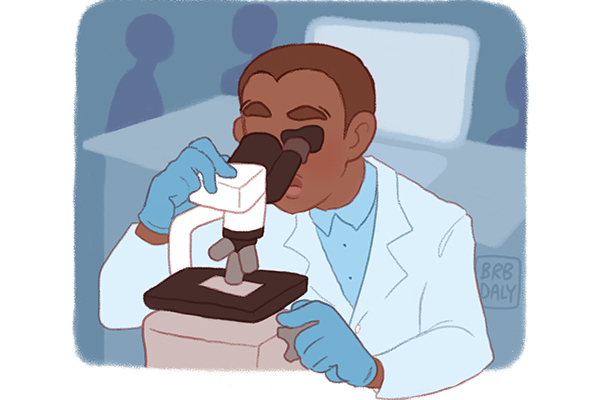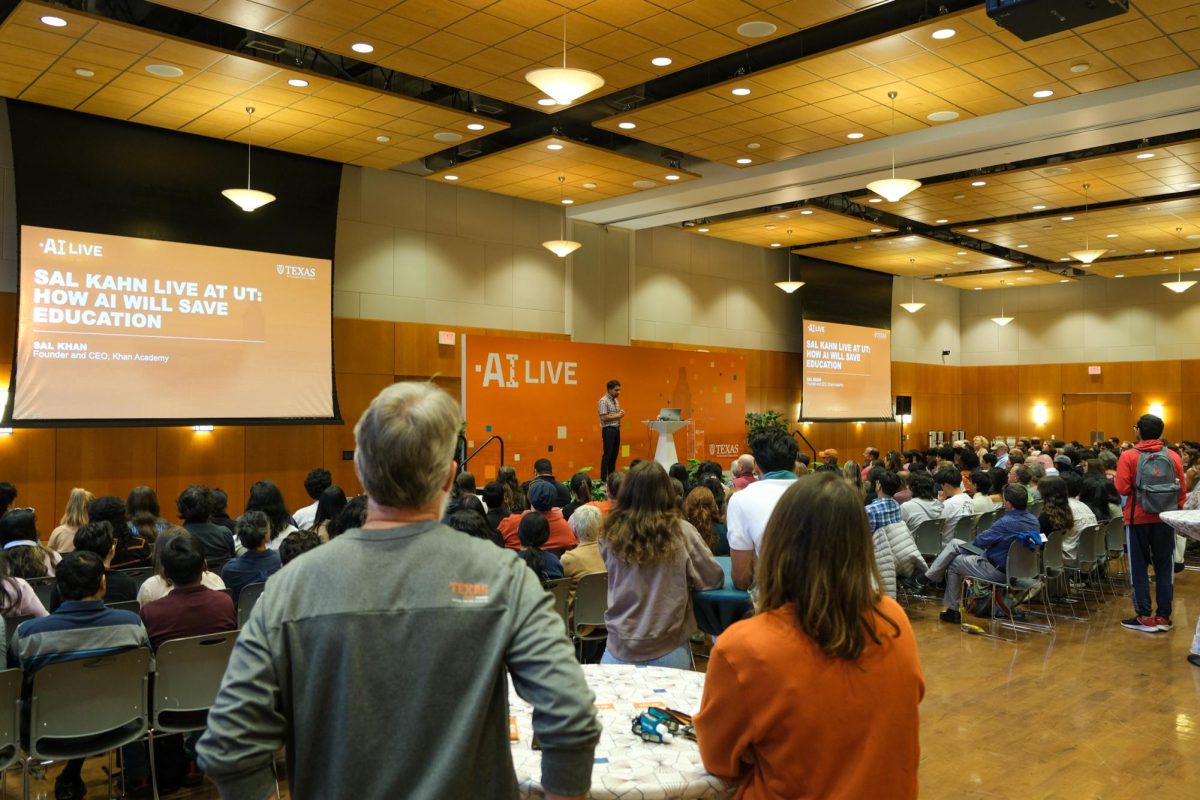COVID-19 health guidelines and travel bans have caused graduate students to use virtual methods of research and data collection for their dissertations and theses.
Katie Chandler, an Asian studies graduate student, planned on traveling to India last summer to learn Bengali and conduct informal field research. Chandler’s thesis is focused on the Hindu goddess Manasa and the rituals, iconography and mythology surrounding her.
Now, Chandler is relying on preexisting research from scholars to complete her thesis and an online course to learn Bengali.
“I was really hoping to converse and speak with people like my host family and teachers about the goddess and go to places that have a shrine to her,” Chandler said. “Although this goddess is really cool, there is not a lot of research done on her. To be able to build on (existent research) with my own experience could have added several layers to my research.”
Chandler said not being able to speak to locals about worship has made her shift her research more toward the mythology of the goddess instead of her original plan of focusing on the goddess’ influence on female worshippers and social norms.
“I didn’t get to see any of the temples, any of the festivals or speak with any local people about any of the questions I had regarding my thesis,” Chandler said.
Madison Moore, a speech, language and hearing sciences graduate student, was originally planning to conduct an in-person study with children who have autism. The study was originally going to take place in the students’ schools and homes. Morris has altered her research to focus on remote therapy for adults with autism.
“This is a really good alternative,” Morris said. “I want to highlight that good therapy and good practice can happen during COVID-19. My research is going to be just as productive, but it is going to be a different kind of challenge.”
Morris’ virtual study focuses on teaching adults with autism how to detect and describe emotions, Morris said.
“I am teaching them how to identify symbols that detect emotions, like happy, sad or confused,” Morris said. “They are going to apply them to picture scenes that describe emotions, so they will have to describe the picture scene using the emotion symbols.”
The Zoom study will occur three times a week for around three months, which was the same timeframe as her original in-person study. Morris said the hardest part of altering the study was finding new participants. She reached out to local groups that served people with autism, such as the Autism Society of Texas, to find potential participants.
Alexis Boucher, special education graduate student and research assistant, is starting her College of Education dissertation in January and has opted for a secondary analysis of research instead of in-person research collection in schools.
“We’re not able to be in schools right now implementing our ideas and testing them out, and we’re not sure when that will be possible,” Boucher said. “There’s no telling what school-based learning will look like a year from now, which makes it near impossible and incredibly risky to plan for any in-person education research.”


















